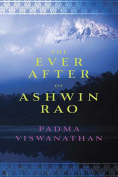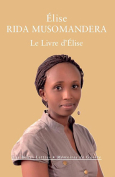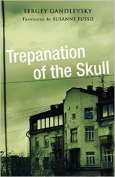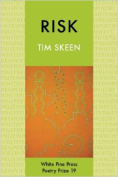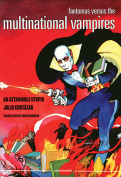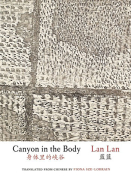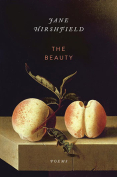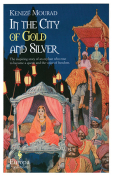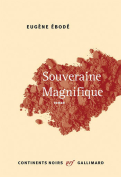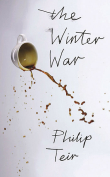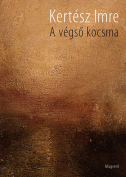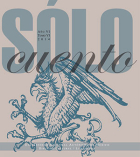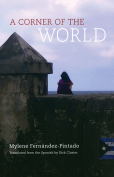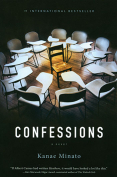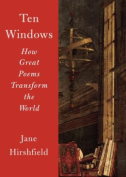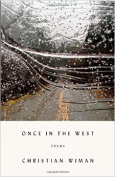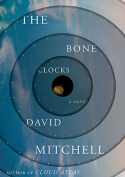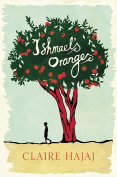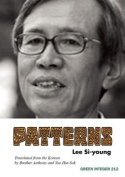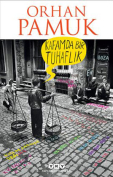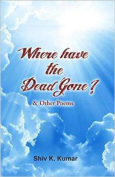Ishmael’s Oranges by Claire Hajaj
London. Oneworld. 2014. ISBN 9781780744940
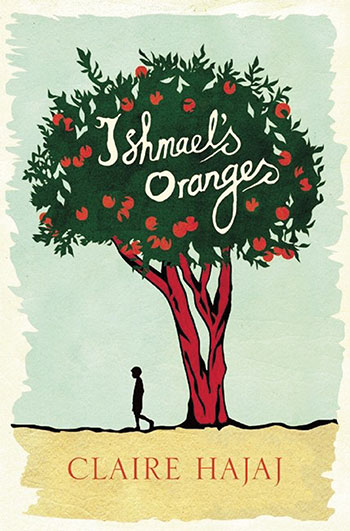 Like many publishers, Oneworld sends out its review copies accompanied by publicity materials. From these we learn that Claire Hajaj inherits a shared Palestinian and Jewish heritage. It is, inevitably, a heritage of which she is acutely conscious, partly because her friends and acquaintances have not permitted her to forget it: “If I had a dollar for every time I’ve been told, ‘Wow—half-Palestinian, half-Jew? You should write a memoir,’ then I’d be writing this from my Caribbean beach house.”
Like many publishers, Oneworld sends out its review copies accompanied by publicity materials. From these we learn that Claire Hajaj inherits a shared Palestinian and Jewish heritage. It is, inevitably, a heritage of which she is acutely conscious, partly because her friends and acquaintances have not permitted her to forget it: “If I had a dollar for every time I’ve been told, ‘Wow—half-Palestinian, half-Jew? You should write a memoir,’ then I’d be writing this from my Caribbean beach house.”
Ishmael’s Oranges being a first novel, it is, perhaps inevitably, partly based on personal, or parental, experience, telling the story of a Palestinian man who marries a Jewish woman. Both have to put up with sour distrust and even bigotry from family members, but at first their love ensures that all goes well enough. Increasingly, however, the Palestinian Salim’s pain at the loss of his Jaffa house and his resentful suspicions that he is constantly professionally condescended to by non-Arab colleagues intrude upon his new family’s happiness: he eventually comes to realize that he himself has destroyed the new home that he had, almost miraculously, been able to build with his wife.
Nor is Judith unharmed by loutish anti-Semitism: she will never forget a certain childhood slight. The novel begins with a letter written by Marc, Salim’s and Judith’s son, to his twin sister before his rather implausible invasion of, and Molotov-cocktail-fueled attack from, the “Orange House” in which his father had grown up. He envisions “[walking] down this little track . . . until we reach the sea.” In the last sentence of the novel, the previously estranged Salim and Judith will make this very walk, and reconciliation of a sort is offered.
So Hajaj’s heart is in the right place. She makes great efforts to be fair to the two sides of an apparently insoluble conflict, acknowledging the faults and anguish of each. The prose is sometimes flat and the dialogue occasionally unconvincing, but she is by no means bereft of novelistic promise. Oneworld’s publicity handout quotes the Library Journal’s praise for an “accessible and beautifully rendered work that makes the tragedy of the Middle East real; highly recommended.” Perhaps one day Hajaj will write a novel worthy of this accolade.
M. D. Allen
University of Wisconsin, Fox Valley

